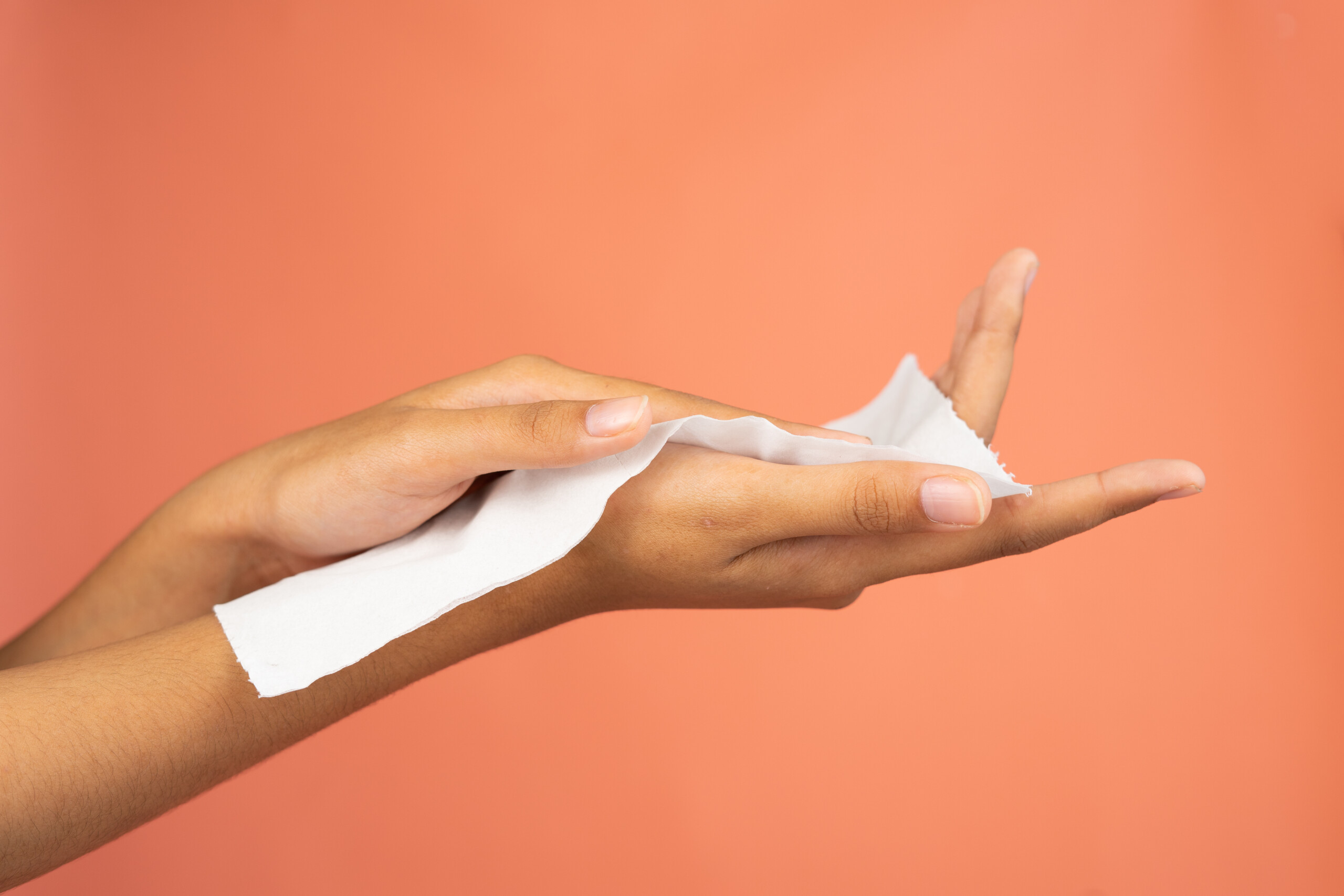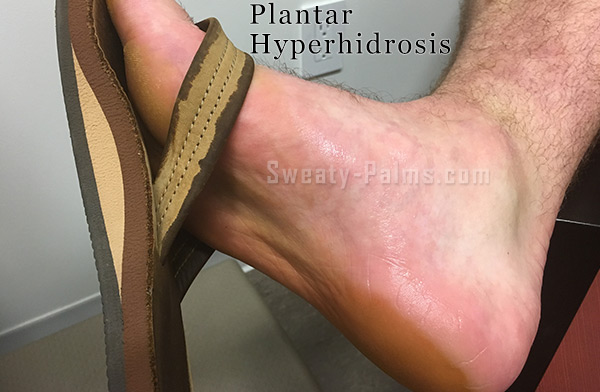Recognizing Excessive Sweating: Dermatology Insights on How to Stop Sweaty Hands
Recognizing Excessive Sweating: Dermatology Insights on How to Stop Sweaty Hands
Blog Article
Comprehending the Origin of Excessive Sweating and Its Influence on Daily Life
While it is generally comprehended as a physical feedback to manage body temperature level, the triggers for extreme sweating can differ widely amongst people, encompassing not only physical variables but also psychological and emotional elements. By diving into the root creates of hyperhidrosis and discovering its complex effects, a deeper understanding of this prevalent concern can be acquired, dropping light on the intricacies that individuals grappling with too much sweating browse on a day-to-day basis.
Physiology of Sweat Glands
The guideline of sweat manufacturing, a crucial physiological process, is primarily controlled by the activity of sweat glands dispersed throughout the human body. Sweat glands are classified into 2 main kinds: eccrine and apocrine glands.
When the body temperature level climbs, either because of physical activity, heats, or emotional stress and anxiety, the nervous system triggers the gland to produce sweat. This sweat is composed mainly of water and electrolytes like sodium and chloride. The process of sweat manufacturing is important for maintaining the body's interior temperature level within a slim, ideal variety, highlighting the vital role gland play in human physiology.
Triggers for Excessive Sweating
In recognizing the root triggers of excessive sweating, it is important to recognize the triggers that can lead to this physical response. Excessive sweating, likewise referred to as hyperhidrosis, can be motivated by various aspects, both physiological and ecological. One common trigger is emotional anxiety or anxiety, which can promote the body's sweat glands to generate even more sweat than is necessary for cooling down. Physical effort, heats, and spicy foods are additionally understood to set off extreme sweating in individuals vulnerable to this condition. Certain clinical conditions like menopause, diabetes, or hyperthyroidism can contribute to extreme sweating as well.
In addition, medications such as some antidepressants, opioids, and certain supplements can likewise serve as triggers for hyperhidrosis. Recognizing these triggers is important in taking care of too much sweating efficiently - Treatment for hyperhydrosis of hands and feet. By recognizing and attending to the certain triggers that prompt extreme sweating in a specific, healthcare companies can establish customized treatment strategies to minimize this condition and improve the individual's quality of life
Medical Conditions Associated
Connected with too much sweating are numerous medical problems that can intensify this physical feedback. One typical condition is hyperhidrosis, a condition defined by extraordinarily raised sweating that goes beyond the body's thermoregulatory demands. This can materialize in focal locations like the hands, soles, underarms, or face, impacting an individual's lifestyle because of social shame and pain.
Additionally, endocrine problems such as hyperthyroidism, diabetes, and menopausal hot flashes can likewise result in excessive sweating. Hyperthyroidism triggers an overproduction of thyroid hormonal agents, increasing metabolism and setting off sweating. Diabetic issues can induce sweating episodes, specifically during hypoglycemic episodes when blood sugar levels drop as well low. Menopausal hot flashes, associated to hormonal changes throughout menopause, can trigger extreme and unexpected sweating, commonly gone along with by flushing and heart palpitations.
In addition, infections like consumption, HIV, and endocarditis have been connected with evening sweats, a common signs and symptom known to interfere with rest and influence general health. These clinical conditions highlight the diverse variety of underlying aspects that can add to excessive sweating, necessitating extensive examination and administration by medical care specialists.
Emotional and Emotional Aspects
Effect On Social Communications
Extreme sweating can have extensive results on an individual's capacity to involve pleasantly in social communications. The visible indications of sweat spots or damp patches on clothing can bring about shame and self-consciousness, causing people to withdraw from social circumstances. This withdrawal can influence partnerships, limit social activities, and prevent personal weblink and specialist growth.

Moreover, the anxiety and self-esteem issues stemming from too much sweating can influence interaction and social abilities. People may struggle to focus on conversations, join team activities, or express themselves confidently. This can bring about feelings of isolation and loneliness, as social connections come to be challenging to maintain.
Conclusion

While it is generally recognized as a physical action to control body temperature level, the triggers for extreme sweating can vary commonly amongst people, incorporating not just physical factors but emotional click site and likewise psychological aspects. By diving into the origin triggers of hyperhidrosis and discovering its diverse impacts, a deeper understanding of this prevalent problem can be obtained, dropping light on the complexities that individuals grappling with extreme sweating browse on a daily basis.
Physical effort, high temperatures, and spicy foods are likewise understood to trigger excessive sweating in people vulnerable to this problem. By identifying and resolving the specific triggers that trigger too much sweating in a specific, healthcare service providers can create customized treatment plans to alleviate this problem and improve the individual's quality of life.
Excessive sweating can have extensive impacts on a person's ability to engage comfortably in social communications.
Report this page